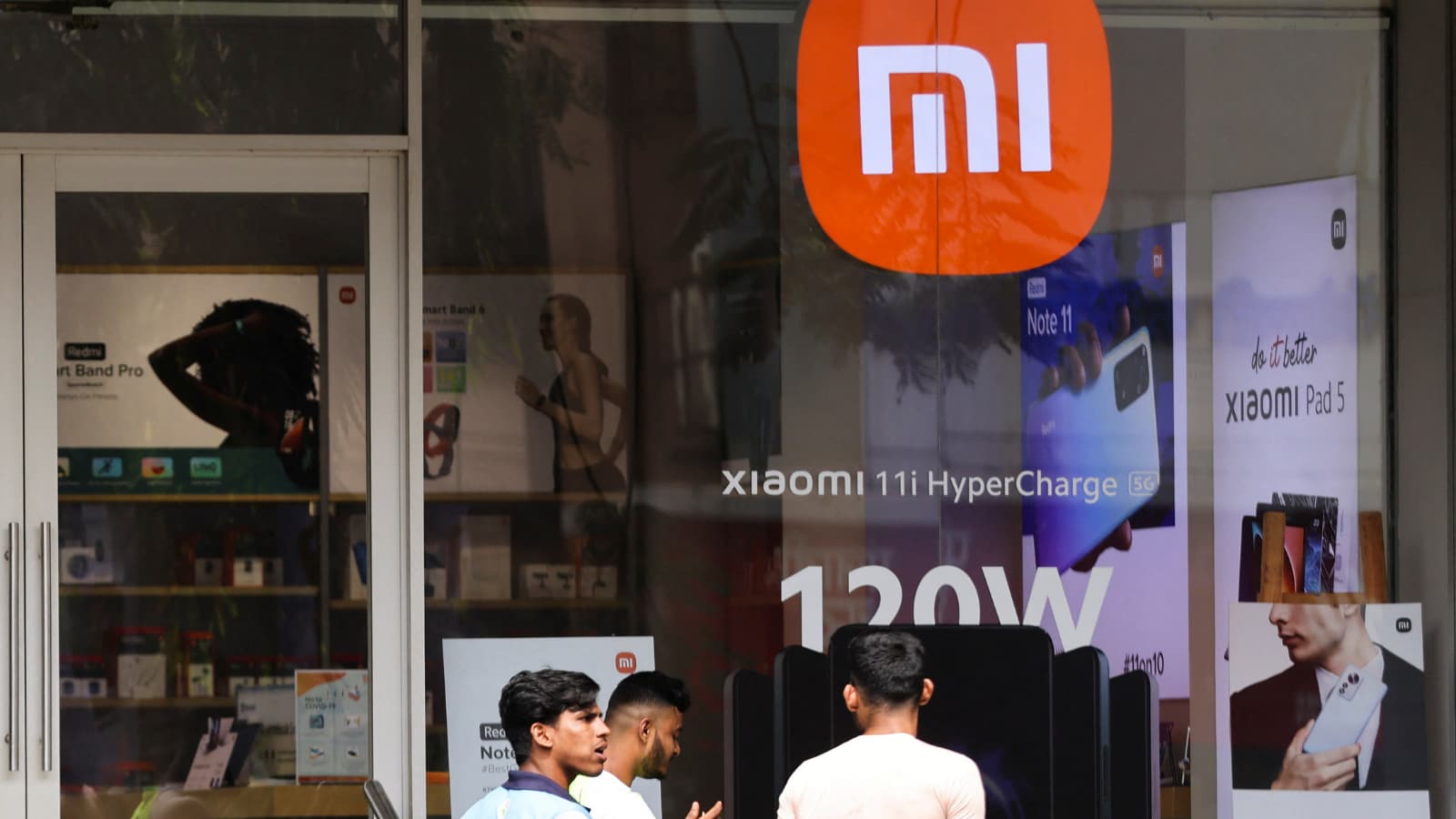ICEA Highlights ED’s ‘Lack of Understanding’ about Royalty Payments in Tech Industry Following Xiaomi Probe
The India Cellular and Electronics Association (ICEA) has accused the country’s enforcement agencies of a “lack of knowledge” of technology royalty payments and urged the central government to intervene.
The lobby group involving Apple Inc. and other technology giants operating in India chastised the authorities for misunderstanding how patent payments work.
The news comes at a time when Xiaomi, a Chinese smartphone behemoth, is under investigation by the Enforcement Directorate (ED).
As reported earlier, Xiaomi is being accused of moving money out of India by falsely stating it was for patent-fee payments, according to India’s anti-money laundering agency.
In April this year, Indian authorities also seized more than $700 million from a local unit of the Chinese smartphone maker.
It should be noted that the lobbying group’s letter did not particularly mention Xiaomi’s name. But it did warn that accusing corporations of illicit royalty payments could have a “chilling effect” on business in the country, as reported by Bloomberg.
The concern for other corporations is that Indian authorities interpret royalty payments in the same way they do for other tech companies.
Xiaomi, like rivals such as China’s Oppo and local manufacturer Lava, as well as Apple and its suppliers Foxconn Technology Group and Wistron Corp, is a member of the ICEA.
Xiaomi, the Beijing-based company, has opposed India’s asset seizure, claiming that its patent-fee payments are legal and that its financial institution filings are correct. However, according to Indian officials, its local unit allegedly sent money to three foreign-based entities with ties to Xiaomi, disguised the payments as royalty payments.
However, the enforcement authorities have taken the position that royalty is a simple way to move money out of India in the letter dated May 30 and addressed to India’s finance, trade, and technology ministers.
The lobby group said: “We appreciate that it is the duty of agencies to identify malpractice in India, but in this case, they are not well-briefed. Patent implementers are doubly embattled paying onerous royalty on one side and facing and fearing enforcement actions on the other.”
Chinese Companies
In the case of Xiaomi, it was reported in January this year that the company avoided tax obligations worth Rs 653 crore, according to the finance ministry. The corporation was then sent three show-cause notices by the Internal Revenue Service (IRS). But the Karnataka High Court granted Xiaomi India temporary reprieve with an interim order earlier this month, allowing the business to use its seized bank accounts for day-to-day operations.
Later, the Chinese smartphone maker reportedly claimed in a court statement that the ED threatened its senior executives, including India managing director Manu Kumar Jain, with “physical violence” and coercion during questioning.
After this incident, Zhao Lijian, a Chinese foreign ministry spokesperson said that China “resolutely upheld Chinese companies’ rights and interests”. He also urged India to give Chinese businesses with a fair, reasonable, and non-discriminatory environment.
As reported earlier, Lijian said: “China hopes India will provide a fair, just, non-discriminatory business environment to Chinese companies with investments and operations in India, carry out investigations in compliance with the law, and enhance international investor confidence.”
It is noteworthy that India’s crackdown on Xiaomi is part of a bigger investigation of Chinese enterprises that began after a Himalayan border clash between both countries.
Since then, the central government has banned more than 200 Chinese mobile apps, including Alibaba Group Holding Ltd.’s retail services and ByteDance Ltd.’s famous TikTok video app.
Recently, it was reported that the authorities are also investigating the local units of Chinese tech companies, ZTE and Vivo Mobile Communications, for potential financial irregularities. It was also said that the Ministry of Corporate Affairs will examine auditor reports and has received information from unknown sources indicating possible violations such as fraud.
In this case, some documents have revealed that an investigation into Vivo was requested in April this year to determine if there were major abnormalities in ownership and financial reporting while officials were urged to examine ZTE’s records and provide conclusions “on an urgent basis”.
Read all the Latest News , Breaking News and IPL 2022 Live Updates here.
For all the latest Technology News Click Here

